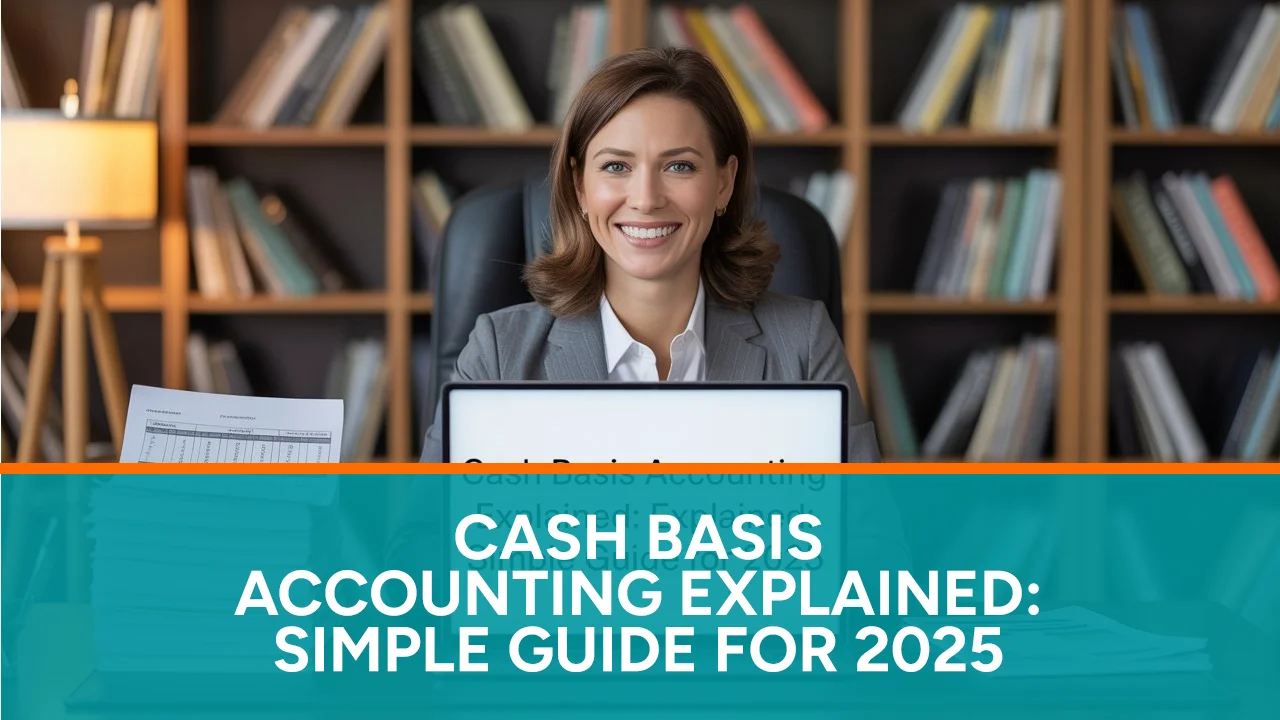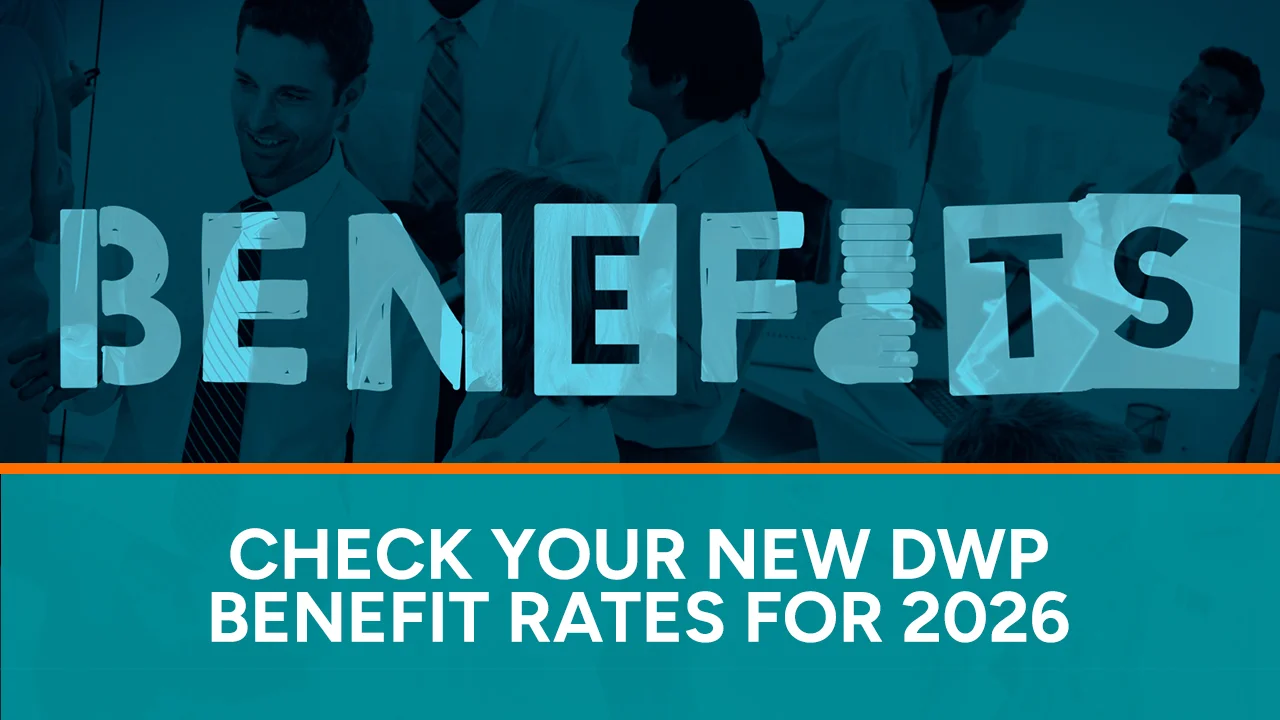Many small business owners, sole traders, and self-employed professionals in the UK worry about managing their accounting processes. With HMRC pushing digital tax reforms, it’s crucial to choose an effective accounting method.
Cash basis accounting has become a popular choice for small businesses and individuals who want to lower administrative work while maintaining accuracy. As businesses move to cloud accounting software, cash basis accounting is easy to use and implement.
This method is ideal for entrepreneurs who prefer simplicity, especially those with little inventory or complicated receivables. It’s great for managing changing income and provides financial statements that show real-time activity. Whether you’re a self-employed consultant, freelance designer, or run a small retail shop, this approach gives you a clear view of your finances.
What Is Cash Basis Accounting?
Cash basis accounting is an easy way to manage business finances. It records income only when you receive it and expenses only when you pay them. This method shows a clear picture of your business’s financial health.
For example, if you provide a service in March but get paid in April, you record the income in April. You do the same for expenses; they are recorded when money leaves your account. This approach is simple, especially for those handling their finances without a full-time accountant.
In the UK, HMRC allows certain businesses to use cash-basis accounting if they meet specific income limits. This method is common among businesses with simple transactions. It fits well with the UK’s digital accounting trend and works easily with apps like QuickBooks, Xero, and FreeAgent.
Cash Basis Method Explained: How It Works in Practice
To understand how the cash basis method works, let’s look at a freelance photographer in the UK. If they finish a job in December but get paid in January, they record the income in January, when they receive the cash. Similarly, if they buy a printer in November but pay for it in December, they record that expense in December.
This method helps reduce confusion about unpaid invoices and bills. You only track money you’ve received or spent, so there’s no need to predict what you will get or adjust for what you owe. This straightforward approach is appealing to freelancers and small business owners, letting them focus on their work instead of complicated accounting.
Keep in mind that this method doesn’t handle things like depreciation or capital allowances like accrual accounting does. However, there are simpler rules for capital expenses under HMRC’s cash basis framework. Overall, this structure suits those who want clear and up-to-date records without extra complexity.
Cash Basis vs Accrual Accounting: What’s the Difference?
Choosing between cash basis and accrual accounting is an important decision for any UK business. The key difference is when you record transactions. In accrual accounting, you record income and expenses when they are earned or incurred, not when the money changes hands. This gives a complete view of your company’s financial situation, including unpaid invoices and future bills.
Cash basis accounting, on the other hand, only records cash flow. You log revenue when it arrives in your account and expenses when you pay them. While this method doesn’t provide a full financial picture, it offers a straightforward view that can be more helpful for smaller businesses.
The best choice depends on your business type. If you work with credit customers, have inventory, or need a detailed long-term view of your finances, accrual accounting may be better for you. However, many UK sole traders and service providers find cash basis accounting easier and more efficient. Our expert small business accountants in London can help you evaluate your needs and suggest the best option.
The Benefits of Cash Basis Accounting for Small Business
Cash basis accounting has many benefits, especially for small businesses and freelancers. Here’s why many UK companies choose this method:
- Simplicity: You don’t have to track money owed or money to be paid, so your bookkeeping stays clear and simple. This is great for business owners who handle their own accounts.
- Real-time Cash Flow Insight: You record payments as they happen, so you always know how much cash you have. This helps with budgeting and prevents overdrafts.
- Tax Efficiency: You only pay taxes on the money you’ve actually received. If payments are late, this can delay your tax bill until the next financial year.
- Lower Costs: With fewer complexities, you spend less time on accounting, which can lower costs if you hire help.
These advantages make it a strong candidate for those looking to reduce admin while staying financially informed.
Who Should Use It: When to Use Cash Basis Accounting
You might be curious about when to use cash basis accounting and if it’s right for you. In the UK, this method is especially useful for:
- Sole traders
- Freelancers
- Consultants
- Businesses with turnover below £150,000 per year
- Enterprises with minimal inventory or delayed payment terms
If your business mainly uses direct payments and has few credit transactions, this system is very effective. It allows you to manage your finances better and gives you a clear view of your available cash.
HMRC’s rules support this part of the business community. Our advisors at Clarkwell & Co. can help you understand the eligibility and registration process if you want to use this accounting model.
HMRC Cash Basis Accounting Rules: What You Need to Know
HMRC cash basis accounting rules provide flexibility and set clear limits for compliance. Starting in 2025, businesses with an income under £150,000 can choose to use the cash basis. If income goes over £300,000, you must switch to accrual accounting for future returns.
Not all businesses can use this method. Limited companies and partnerships with corporate partners cannot use the cash basis. Also, if your business relies a lot on inventory, accrual accounting might be better.
HMRC has rules on how to handle certain expenses. For instance, you can only claim up to £500 per year for interest and finance costs on a cash basis, and there may be limits on loss relief. However, simplified capital allowances can help you claim allowable expenses more easily.
Accounting Methods for Freelancers UK: Why Cash Basis Wins
Freelancers often use the cash basis model for accounting. This method suits their unpredictable income well. Since freelancers may not get paid on time and usually don’t handle stock or big contracts, cash basis accounting is simple and helpful. It makes it easier to report finances at tax time and reduces the need for frequent checks.
For freelancers who manage invoices, client payments, and daily expenses by themselves, this method is straightforward and meets all legal requirements. We help freelancers set up systems that work with cash basis accounting to save them time and provide peace of mind.
How Cash Basis Accounting Fits UK Small Business Needs in 2025
The current business environment in the UK strongly supports cash basis accounting. As companies change how they report income and expenses, simpler compliance methods are preferred.
In 2025, cash basis accounting for small businesses is still popular because it avoids unnecessary complications. Businesses that used spreadsheets or old software are now switching to online tools that work directly with this method. This allows real-time tracking, mobile access, and automated reports.
At Clarkwell & Co., more clients are choosing this model for its practical benefits. Whether it’s a local shop or a digital freelancer, cash basis accounting helps them achieve flexibility and efficiency.
Avoiding Pitfalls: When Cash Basis May Not Work
The cash basis has its benefits, but it isn’t right for every business. If your company buys on credit, has a lot of inventory, or bills for services in advance, managing finances with this method can be difficult.
A key drawback is that it doesn’t show future income and expenses clearly. This lack of visibility can cause issues in financial reporting, especially when seeking loans or investments. Investors usually prefer accrual-based records that provide a clearer picture of finances.
If you’re unsure which method is best for you, our team can help you compare both options to find the one that offers better long-term insights and tax efficiency.
Switching to Cash Basis: What to Expect
Switching to the cash basis method is easy if you qualify under HMRC’s rules. Just inform HMRC of your Self-assessment or Corporation Tax return, depending on your business type.
Make sure to check your records and avoid losing any information during the change. Our Bookkeeping Services in London help make this switch smooth and ensure all past records are accurate.
We support clients in adjusting their accounts and provide ongoing help so they can confidently use this method in the future.







